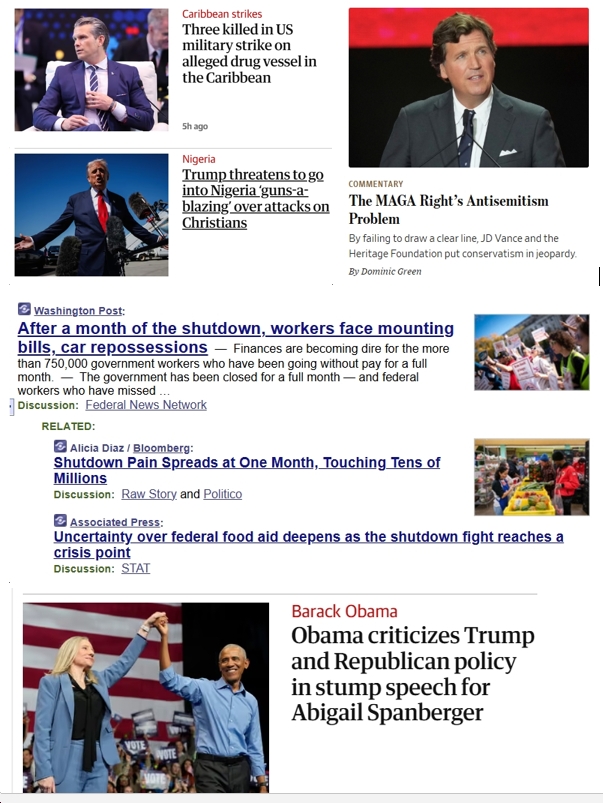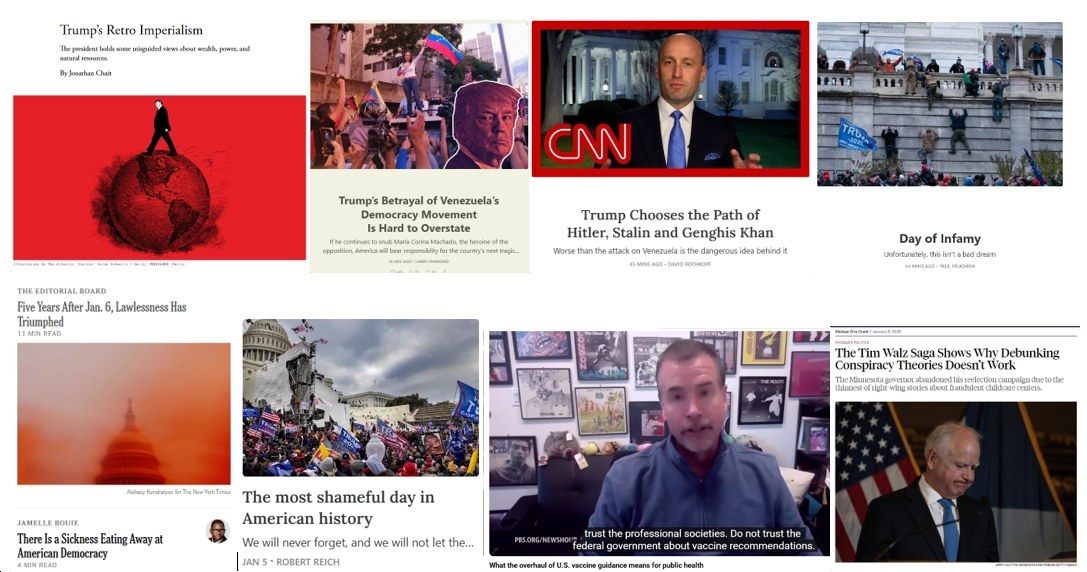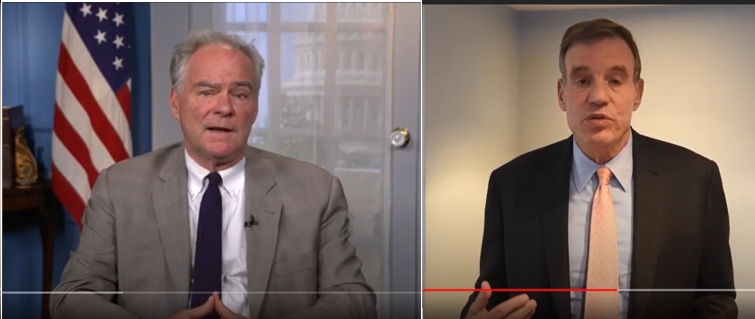by Kellen Squire
For almost a decade now, I’ve been an emergency department nurse. Through the couple years I spent in Pediatric Acute Care, after dabbling in being a school nurse at three different age levels, I’ve always come back to the ER. For all its ups and downs, I love it. It’s just part of who I am.
I frequently talk about burnout, PTSD, and suicide amongst emergency services providers, because those things are endemic to our profession. We see in detail how much the rest of our community is dealing with and suffering because we’re the safety net when things go wrong. They’re counting on us to stand up for them when they can’t stand up for themselves- and as chronically understaffed and underfunded as most emergency services departments are (Fire/EMS/LEO/ER/etc), running so close to the redline, we know any failure on our part means our brothers and sisters in arms have to pick up the slack.
In nursing, this is combined with a culture of lateral violence that would make politicians and mafia dons blush. I’ve had to fend off kneecap attempts and malicious whisper campaigns in the political arena. I’ve had to field personal threats from real-life Nazis and KKK members. I’ve been told by patients that that they were going to kill me, and I know they were serious. But those don’t hold a candle to the way nurses can work to ruthlessly undermine one another and eat our own.
These accumulated burdens, that we take on so our communities don’t have to, are like a literal weight pressing down on your chest, crushing you. They pile up silently, gradually, so that most affected don’t even realize it until it’s far too late. The consequences are too often dire; destroyed relationships with spouses, friends, and family. Depression and self-care deficits. Insomnia. Substance abuse. Compassion fatigue. Post-traumatic stress triggers. Suicide.
Everyone in our profession agrees readily that this is a huge problem. But there’s always this subconscious voice in your head saying, yeah; it’s a problem… for someone else. It’ll never happen to me. I’m a rock. I don’t need any help, and if I do, I can rescue myself. I’ll know when I’m drowning.
And then suddenly you realize your head is below water and your lungs are filling.
Which is what happened to me.
As for a lot of folks, I can see all the stuff that led up to it. I’ve written about some of it, like the staff deaths we had in our department last year. Other stuff I haven’t talked about, like lateral violence. I wasn’t joking when I said that nursing defines that term- Google it if you don’t believe me. When I ran for the Virginia House of Delegates in 2017, I was careful to keep my politics out of the workplace, and was loathe to discuss it at work, only doing so perfunctorily if I was asked about it.
One day, I walked in to our secure breakroom in the ER to discover a half-dozen of our campaign walk cards and mailers, defaced- the picture of my family and me vandalized (horns, mustache, an attempt at a hammer and sickle), juvenile insults (“stupid liberal”), etc, in Sharpie on them and tacked up to the board in back. I chuckled and took them down, rolling my eyes at the inanity of it… until I had time to think about it more. Our breakroom requires badge access to get into, and I never brought campaign literature to work- which means someone had to collect it, cut the addresses out of the mailers, deface it, badge in (or be badged in by an ER staffer), and put it up when they knew I’d be there and likely to see it. Someone I knew and worked beside. Someone I’d probably spent more time with than my own family on more than one occasion.
Or the time I got harangued by a middle-aged gentleman who was waiting with his wife about why people who came in after them were getting to go back first; he’d watched me wheel an elderly black lady into the back immediately after she presented herself to my triage desk, even though they had been waiting for OVER THREE HOURS (87 minutes, according to my computer- but, y’know, rounding). I apologized to the patient for their wait, but was interrupted mid-sentence to be informed he already knew why they’d been kept waiting: because I was a “racist” and I “didn’t care.” My eye twitched involuntarily as I bit my tongue on a blistering response that would’ve gotten me written up (at best), and assured him in as even a tone as I could muster that wasn’t the case. Forty-five minutes later when he and his wife were finally called back, he made sure to stop and tell me he was going to call our corporate complaint line. I couldn’t tell him the patient he’d been furious about me wheeling back had died twenty minutes ago, before her family could get there to be at her side; I just prepared for the email I knew I’d have to write about a patient satisfaction event.
Maybe it was the nursing home patient who came in over the holidays who came in doing poorly and continued to decompensate as we struggled to save her. As soon as she arrived, it had been clear we’d need to call Adult Protective Services. I won’t describe why here; after this long in the ER, I considered myself fairly unfazeable… but I was sadly mistaken. Her family was entirely disinterested in her declining condition until they realized APS would be called, when a profanity-laced tirade with threats of bodily harm and lawsuits if we didn’t “mind our own business” ensued.
Or the gentleman in his early sixties who came in with diffuse abdominal pain. As soon as he started being exceptionally nice to the nursing staff, my heart rate skyrocketed and I started to sweat. He made zero fuss as I missed getting his IV started three times (“No big deal, they say I’m a hard stick”) and pulled out pictures of his grandkids (“They call me paw-paw”). I stared as he went off to get a CT scan of his belly, pleading with fate and the Lord that it was something easy and stupid like appendicitis or gastroenteritis. But, no. Of-friggin-course not. The patient was way too nice for that. No, the radiologist report came back exactly like I knew it would (“concerning for malignancy, likely pancreatic ductal adenocarcinoma”). While our ER doc was on the phone with the oncologist, I went in to give the patient pain medicine. “We get the results back yet?” he asked innocently, the “we” he added to include me as a part of his care team a silent stab in the gut.
That and a million other little things, all adding up, inflicting damage one paper cut at a time. Until it finally hit me in a wave, as I was sitting at my kitchen counter late one night, after the worst day I’ve had in the ER in a looooong time, commiserating over a cup of coffee.
Forget it, I thought; I’m done. I’m done with the ER. I’m not doing it any more.
But the ER is my life, a voice in my head said.
BS, came the retort, I can get a cushy desk job. Work 9-5, off every holiday and weekend, and get paid more than I do now, and not have to deal with all this crap.
But I wouldn’t even know how to do anything else.
That last thought startled me. For the first time, it really struck home to me the essence of a very dark saying prevalent amongst emergency services providers that really illustrates the Catch-22 so many of my brothers and sisters find themselves in:
You won’t be allowed to save lives if you ask for help to save your own.
That might be the worst thing you can do to someone in emergency services- tell them they can’t help other people any longer.
It’s hard enough as it is; you see people day in and day out, patients and other providers alike, who are worse off than you are- yet, there they are, like a rock. Stalwart. Immovable. If they haven’t cracked under the pressure, why are you? The unspoken answer to which is, of course: you’re weak. You can’t hack it.
And the only thing worse than appearing weak to the men and women who’re standing beside you, unyielding, is the certainty that asking for help doesn’t just mean you won’t be allowed to help other people- it also means you’re going to become a burden on the colleagues that you’re supposed to be standing beside.
And that’s something you just can’t tolerate. Because it’s not a job; it becomes part of who you are. You see and do so much that’s impossible to explain to anyone who hasn’t done it themselves. Doing anything else becomes unthinkable. I dunno if it’s an addiction to the cocktail of neurochemicals one gets from being on the bleeding edge of where our communities break down, the constant on-the-go struggle with life and death, or the mental separation and conditioning that takes place, but something happens. Turnover numbers are inverse amongst new hires versus experienced providers, with rates of up to 90% in the first year versus 5-10% per year for long-term vets.
I thought back to an EMS provider I knew who went home after one particularly bad shift and took a fatal dose of medication. They took extra care to make sure they took an unrecoverable dose, and made sure that when they were found by first responders, their death would be as minimal a burden as possible. The bigger burden, of course, was us- colleagues, family, etc- having to grapple with what that suicide meant, but it suddenly illustrated to me the horrible double standard between what those of us on the front lines believe about ourselves versus what we believe about other people.
How we help deal, time and again, with the worst day of people’s lives, but expect ourselves to never let it affect us personally- and act like it’s a failure when it does.
What happens when the internal fight of “I can’t do this anymore” meets up with the reality of not belonging to the group and profession that defines your life- and it’s because you think you’re “giving up” or “can’t hack it”. How our brothers and sisters fall prey to treatable conditions, unseen and unheard by us, needing help but unable to ask for it.
Asking for help isn’t selfish, or weak, or anything. It’s one of the strongest things someone can do. But it’s hard, trying to explain so much to people who don’t get it- about what we go through and what we’re feeling. And the stigma behind even bringing these issues up is bad enough- much less the general understanding people have about depression, PTSD, suicide, etc.
Even so… there’s a difference between “knowing” that- and believing it.
I was startled when my wife walked into our kitchen and yawned, making herself a cup of coffee. “You’re up early,” she said to me. I frowned, confused then looked at the clock and suddenly realized I’d been up the entire night. I shrugged noncommittally.
“Just thinking about stuff.” My wife paused and looked at me for a second. She’s damn smart and very perceptive, which is one of the many reasons she’s an even better ER nurse than I am. But being an emergency services veteran herself- as a nurse, firefighter, and EMT- she knows what it’s like to be put through so much stress that talking about it is unthinkable… because it’ll only make you relive it all over again. She walked over and gave me a kiss on the cheek.
I get it. You don’t have to say anything if you don’t want to. But you know I’m here for you, and I love you more than I can say.
She didn’t say any of that out loud, of course, because she didn’t have to.
I heard it all the same.
I wrote something similar to this a long, long time ago, talking about a kid I lost when I worked in Pediatrics, and how what I went through is pretty typical in emergency services. It connected me to one of the biggest reasons I ran for the office in the first place.
And it’s clear that reason hasn’t gone away. Things are better here in Virginia, thanks to the heroes of 2017 and what they were able to accomplish– but there’s still so much more work to do. The safety net is still frayed beyond belief, and is perhaps in more danger than ever before because a sociopath who’s never had to work a hard day in his life doesn’t give a single damn about what working-class families have to go through.
Because there’s an entire political party that’s too frickin’ cowardly to stand up for what’s right, who insist on playing politics and making as many people suffer as possible, do as much existential damage to the country as possible, as long as they get to keep their phoney baloney jobs. Power for power’s sake, and nothing else. An abrogation of any moral or political highground they ever claimed to hold, without a care- even if they could comprehend it- of what they’re asking other people to be put through for their political benefit.
And despite all the gains we’ve made, it’ll only take one election cycle where we take our eyes off the ball, where we don’t stand up like we did in 2017, like we did in 2018, to not just eliminate all the gains we’ve made so far… but to take us back even farther.
I know it’s not easy. You don’t have to be an ER Nurse to suffer from burnout. The slow immolation of our Republic that’s been going on isn’t easy to stomach. And this year in Virginia, we’re going to ask people, for the third year in a row, to organize and volunteer and drive and donate and push like they’ve never pushed before. Because if we don’t? We’ll almost inevitably go backwards.
But we can’t go back. We can’t. Not a single inch. There are too many people counting on us to stand up and fight for them. Counting on us to put people before party, and to keep the big boys honest. To build in every zip code, in every holler and hill, in every neighborhood and every city, a Virginia that works for everyone.
Counting on us to show them what it looks like when neighbors work together. What it looks like when the spirit of our communities—being in this life together, pulling for each other—carries over into our politics.
What it looks like when good people stand up for their principles and say with one voice, indivisible, enough is enough.
What it looks like when we are at our best.
We as Virginians know that better than anyone. Our nation was founded right here in the Commonwealth of Virginia by men and women of principle—by people who were willing to take on an almost impossible fight not because it was easy, or popular… but because it was the right thing to do.
It’s never easy. It never will be. But together, we can get it done. Together, we can- and we will– persevere. And we must. Because Virginia is worth fighting for. It always has been.
It always will be.





![[UPDATED: VA Senate Dems Pass $15/Hour Minimum Wage Bill] VA House Democrats Pass Top Priority, Paid Sick Leave](https://bluevirginia.us/wp-content/uploads/2026/02/housedemspaidsick.jpg)












